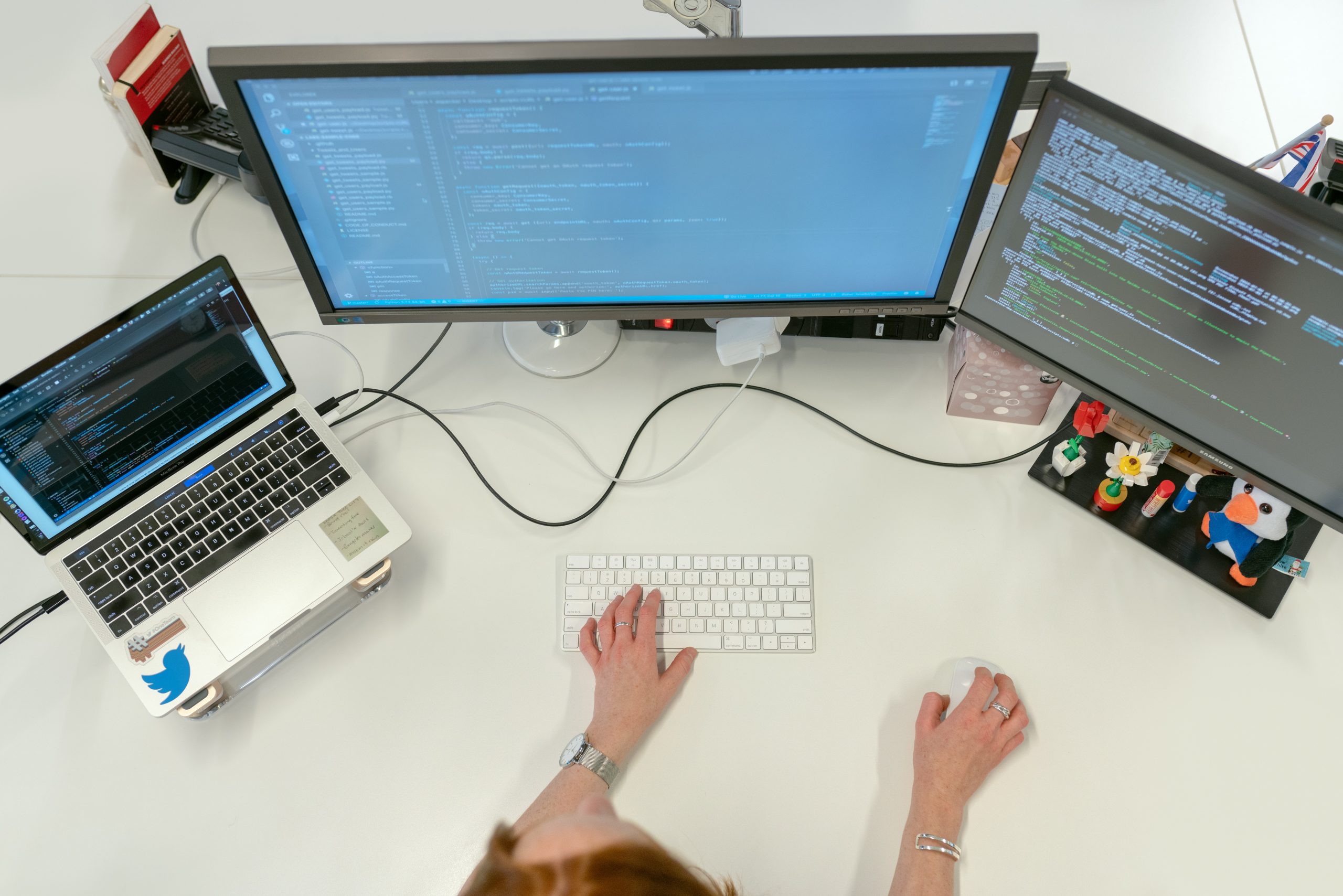
Research has shown that students who receive more practical or writing assignments do better academically. These methods can also help lower-income children. But if we look at the long-term effects of homework, we will find that the benefits are modest. The studies have only looked at the type of homework, not the types that are given to different student demographic groups. Nevertheless, the benefits of replacing students’ traditional homework with writing or practical tasks may be greater than we think.
What research says about this replacement
The research on the benefits of replacing students’ homework with practical and writing tasks focuses on the academic achievement of students. They found that students with less-affluent parents had lower test scores and higher levels of depression. The study found that removing homework from a student’s day reduced depression and anxiety levels. Furthermore, it increased the student’s level of self-discipline, as well as their independence. Nonetheless, it also showed that the time for leisure activities and other activities was limited.
Practical task leads to better learning habits
Some studies have also suggested that reducing or replacing students’ homework can lead to better learning habits. In a recent study, researchers from the University of Nebraska, Omaha, found that homework is a source of stress and anxiety. The authors said that students reported symptoms of depression and physical symptoms of stress and anxiety. Further, a higher number of students with homework reported suicidal thoughts, and those who were punished by teachers were also more likely to suffer from depression. So on a very beginning level, we should try to start by giving students the task to find good essay writing service on the internet, or find methods to write impressive Bio. These tasks will lower the study burden and
Study by Cooper & Pope
A study by Cooper, Conner, & Pope (2013) examined a group of 1,983 high school students in Hong Kong and concluded that excessive homework can result in anxiety, stress, and even physical symptoms. The report also found that the presence of too much homework was associated with higher rates of depression and anxiety. The study found that punishments and criticism from teachers aggravated the negative effects of homework.
Many studies have found that replacing students’ homework with practical or writing tasks has a positive impact on students’ academic performance. While homework often takes longer to complete, it encourages children to engage in self-directed learning. And while this may not be feasible for all students, it can still be a valuable teaching tool for the younger generation. A study conducted in the United States has revealed that older students benefit more from homework assignments that encourage independent learning.
Research shows that removing homework from student’s lives can increase their achievement in the long run. The increased ability to concentrate and perform better on tests is another benefit of removing homework from children’s lives. It also encourages parents to monitor their child’s progress in school. Although the studies are not conclusive, they show that replacing homework with practical or writing tasks improves student attitudes. It also makes parents more involved in the school process. And the results are more positive.
One study found that replacing students’ homework had a positive effect on students’ achievement. It also allowed students to learn independently of their teachers and had a positive impact on their health. The study found that the students who spent more time doing homework had more time for other activities and were more behaviorally engaged in school. However, the study also found that their parents had fewer leisure hours. This was a major cause for concern. The parents were better able to give their children homework help and were able to provide a quiet environment and Internet access.
Conclusion
Changing homework with practical or writing tasks has several advantages. For one, these tasks help students to develop their critical thinking skills, which are essential for success in their lives. Similarly, it increases the students’ engagement in their courses. And students are more motivated when they are doing meaningful tasks. The professors have more time to respond to the questions that they may have. They can also get more feedback.
